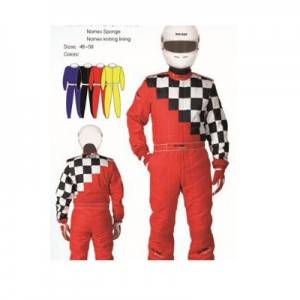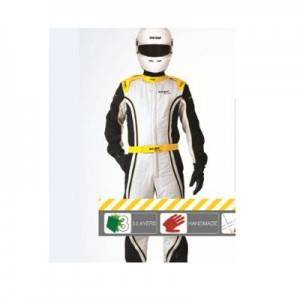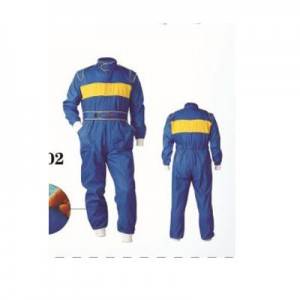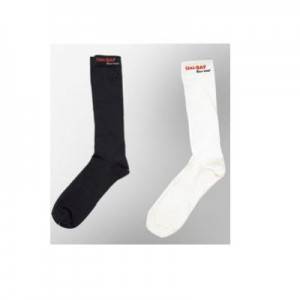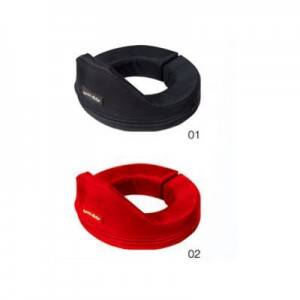Application:
Material: Suede Leather
Standard:
FIA
The Fédération Internationale de l'Automobile (FIA) is a non-profit association established as the Association Internationale des Automobile Clubs Reconnus (AIACR) on 20 June 1904 to represent the interests of motoring organizations and motor car users. To the general public, the FIA is mostly known as the governing body for many auto racing events. The FIA consists of 213 national member organizations in 125 countries worldwide.[1] Its current president is Jean Todt.
The FIA is generally known by its French name and acronym, even in non French-speaking countries, but is occasionally rendered as International Automobile Federation.
Its most prominent role is in the licensing and arbitration of Formula One motor racing. The FIA along with the FIM also certify land speed recordattempts.
SFI
The SFI Foundation, Inc. (SFI) is a non-profit organization established to issue and administer standards for specialty/performance automotive and racing equipment. SFI was originally a foundation run by SEMA, the automotive aftermarket trade organization. The letters “SFI” stood for “SEMA Foundation, Inc.” Although SFI is now completely independent from SEMA, the Foundation has retained the name SFI Foundation, Inc. but the “S” no longer means SEMA.
Manufacturers of equipment are the primary users of SFI standards. Some standards are adopted as part of the rules of race sanctioning organizations. Ultimately, the consumer benefits from the pr The SFI Technical Committee initiates the specification process, typically at the request of the affected industry or race sanctioning body.
The SFI Technical Committee initiates the specification process, typically at the request of the affected industry or race sanctioning body.
Typically, there are policing provisions through contractual or licensing agreements whereby SFI may inspect the records and/or equipment of a manufacturer in order to ascertain that the product involved meets SFI Specs. Once a manufacturer has voluntarily committed to participating in the program, it must comply with the specifications in all respects.
When adopted as part of the rules of a race sanctioning body, enforcement is entirely up to that organization. The manufacturer then provides the racer with product that is in compliance with the specs enforced by the sanctioning body.

-
Racing Safety Garments
-
Racing Safety Garments
-
Racing Safety Garments
-
Racing Safety Garments
-
Racing Safety Garments
-
Racing Safety Garments
-
Racing Safety Garments
-
Racing Safety Garments
-
Racing Safety Garments
-
Racing Safety Garments Balaclavas
-
Racing Safety fire resistant Socks
-
Racing Safety Fire Resistant Neck braces



